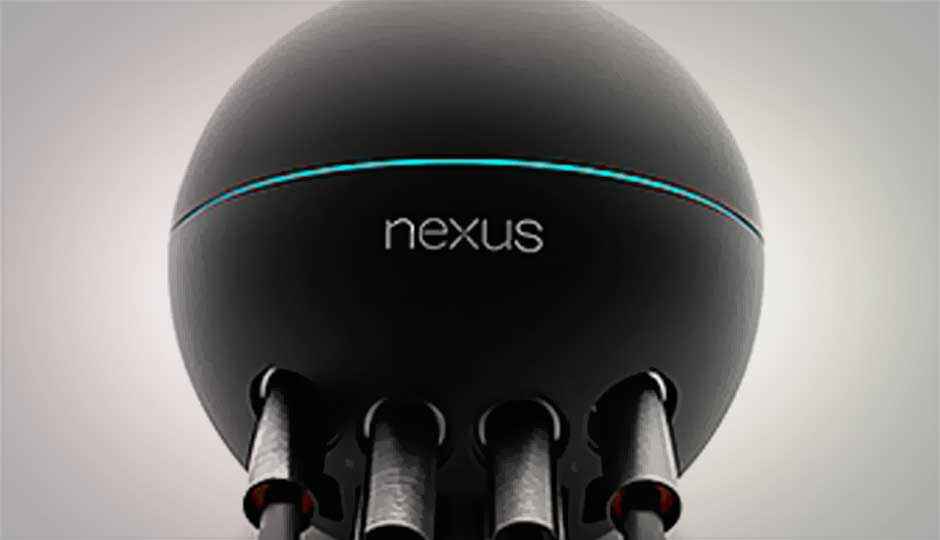Google: the world’s most inscrutable company

For one of the planet’s most successful technology innovators, Google sure releases a ton of flops.
 Survey
SurveyGoogle I/O 2012, by all accounts, was one of the most dramatic and eventful developer conferences the company has ever held. Google launched Android 4.1, the Nexus 7 tablet, and Google Compute Engine. It even gave a full-on demo of a remarkably functional—even fashionable—pair of augmented reality goggles dubbed Google Glass. Amazing stuff. I don’t think there is another company that is investing in as many cool, cutting-edge projects as Google. Then again, I can’t name another company that has had as many flops, either.
Lively, Google Buzz, Google Video, Google Wave, Google Answers, Google TV, and Google TV 2 are just the abject failures I can list off the top of my head. With a little search time, I could easily double that list and still leave out the marginal failures. I will discuss whether Google is a failure or not on Google , separately. If you aren’t using Google , ’nuff said.
Even Google’s successes have hidden problems. Yes, Google is the world leader in smartphone operating systems with more than 50 percent of the US market in its pocket. As Andy Ruben periodically reminds us, 900,000 new Android devices are activated every day, and that can’t be a bad thing. By all accounts, Android 4.1 (Jelly Bean) is a triumph of mobile engineering, yet more than 65 percent of Android users are still using Android 2.3 (Gingerbread), which is two years old. In fact, adoption for Android 4.0 (Ice Cream Sandwich) has just now reached 10 percent, and most of that happened in the last 30 days.
The latest in Google’s series of duds is the Google Q. The fact that the Q is difficult to describe should be the first sign of trouble. The Nexus Q is a $300 media extender that connects to your HDTV and lets you play music and movies on your phone. But it only works with YouTube and Google Play, which offers a fraction of the movies available on iTunes. So, it is sort of like an Apple TV without iTunes, or a Roku box without Netflix, or a $10 Mini-HDMI cable but for $290 more. What a steal!
The Nexus Q product has been on the market for a matter of weeks, so it is too early to call it a commercial failure. Still, PCMag tested the Q in the Labs and concluded, “Google’s Nexus Q is a good-looking media hub, but its meager app selection and reliance on Android devices don’t come close to justifying its high price.” We gave it two stars out of five, and one of them was just because it looks really cool.
How does this happen?
The knock on Google has always been that the company lacks focus; it has too many fingers in too many pies. It is easy to call Google a search business, but it is really an advertising company. Of its $39 billion in 2011 revenue, 96 percent was generated by advertising. Google has, without doubt, built the most powerful advertising vehicle in history and yet, if you look at the products and news from Google I/O, most of them were only tangentially related to its core advertising business. That has got to drive Google investors insane.
What is Google working on? Self-driving cars? Sure. Power meters for tracking home energy consumption? Sounds like a good idea. Visual maps of the world’s greatest museums? Absolutely. Online storage, augmented-reality glasses, and operating systems for phones, tablets, and laptops? Of course. And tell you what: Motorola is pretty cheap, let’s pick that up, too.
As Box’s CEO Aaron Levie recently joked on Twitter, “Google is focused. On everything.”
My position prevents me from owning stock in tech firms like Google. If I did own stock, maybe I’d object to Google’s constant experiments, diversions, and failures. Then again, investors can’t say they weren’t forewarned. Google has always been like this. The fact that Google has grown into a $40 billion company is the strange thing here.
Advertising drives Google’s revenues, but its engineering team has always driven its priorities. It is in its DNA. That means it will have big failures like the Nexus Q, but it also means it will be ahead of the curve when something like Google Glass goes mainstream. Google can handle a bad review or two, as long as it continues to innovate.
Whereas Mark Zuckerberg has Facebook focused solely on exploring, expanding, and ultimately exploiting the social graph of its users, Google’s founders and, indeed, most of Google’s employees are dedicated to building cool stuff.
As a geek, I hope they always will. It may not drive revenue, but it sure makes the world more interesting.
